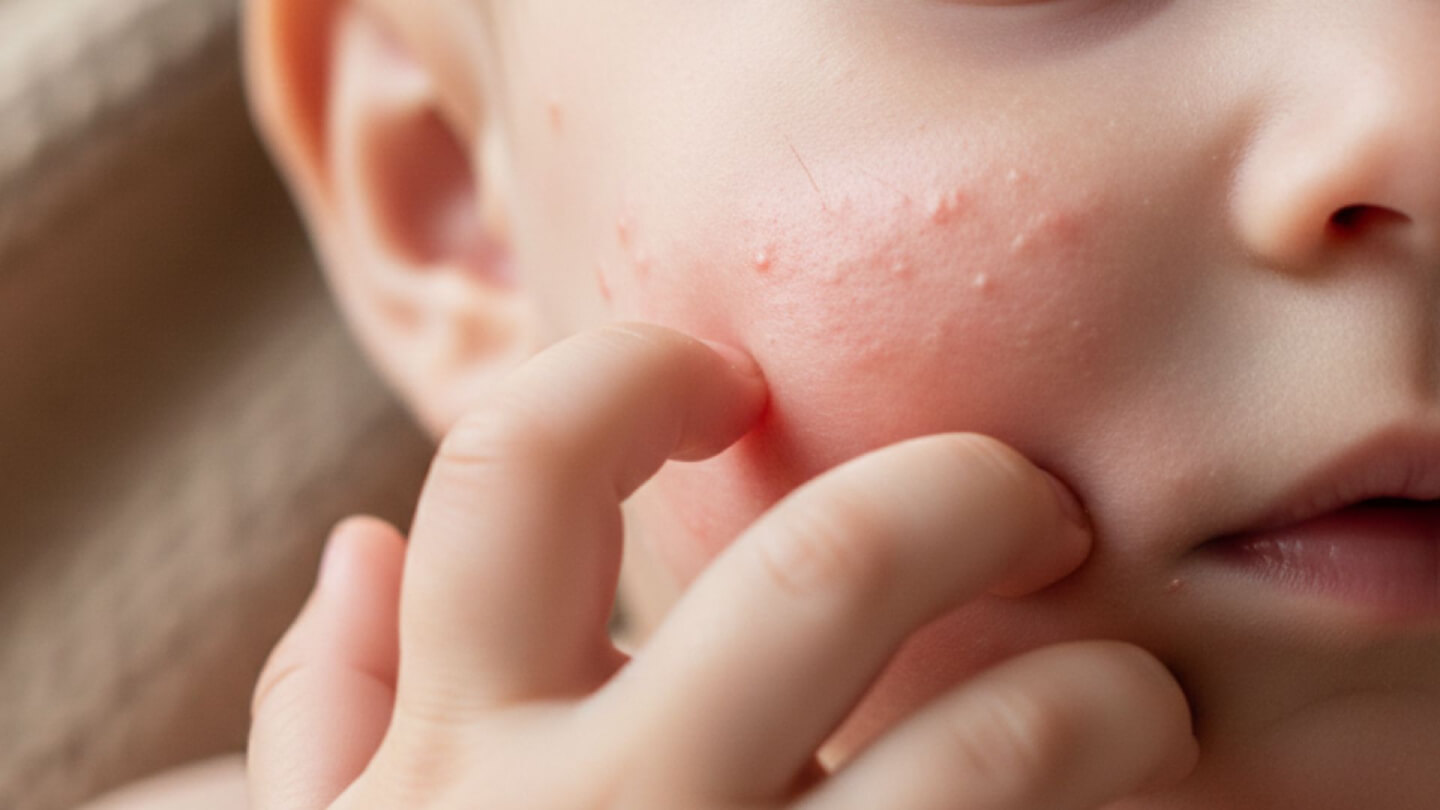Atherosclerosis originates in childhood: experts warn of cardiovascular risk from the earliest years of life

Cardiovascular disease remains the leading cause of death worldwide, but its origins can be traced back to well before adulthood. Several studies have shown that the processes leading to atherosclerosis—the hardening and progressive damage of the arteries—begin in early life, even in childhood.
For years, the preventive approach focused almost exclusively on adults, but current scientific evidence reveals that cardiovascular health must be protected from the earliest years of life. Congenital and acquired heart and non-heart diseases, as well as poor eating habits, a sedentary lifestyle, childhood obesity, and exposure to tobacco smoke, alter the circulatory system and promote the early development of arterial lesions.
 High resolution image. This link will open using lightbox, there may be a context switchDr. Gutierrez-LarrayaIn this context, Dr. Federico Gutiérrez-Larraya, head of the Paediatric Cardiology Service at Ruber Internacional Hospital, warns of the importance of identifying and preventing cardiovascular risk factors in children and adolescents.
High resolution image. This link will open using lightbox, there may be a context switchDr. Gutierrez-LarrayaIn this context, Dr. Federico Gutiérrez-Larraya, head of the Paediatric Cardiology Service at Ruber Internacional Hospital, warns of the importance of identifying and preventing cardiovascular risk factors in children and adolescents.
‘Cardiovascular risks begin long before the first symptoms appear, at very early stages of life,’ says Dr. Gutiérrez-Larraya.
The specialist warns that atherosclerosis, an inflammatory disease, can begin in childhood, laying the groundwork for serious complications in adulthood, such as heart attacks or strokes. ‘Atherosclerosis has both genetic and environmental roots and is strongly influenced by lifestyle from childhood onwards,’ explains Dr Gutiérrez-Larraya.
A silent disease that starts early
Although its effects usually manifest themselves years later, the inflammatory process that damages the arteries begins silently. Understanding and modifying these factors is key to improving their future.
The most recent studies confirm that children who are obese or overweight have a significantly higher risk of developing early atherosclerosis. In addition, exposure to tobacco smoke and an unbalanced diet aggravate this risk. ‘The family environment plays a crucial role, because that is where habits that directly affect cardiovascular health are formed,’ adds Dr Gutiérrez-Larraya.
But in addition to the most obvious factors, there are other risks that deserve special attention. ‘Chronic inflammatory diseases, such as lupus or Kawasaki disease, can damage the arteries from a very early age,’ says the cardiologist.
He also warns about cases of children who have survived cancer, who may experience cardiovascular effects from treatments such as chemotherapy or radiotherapy. ‘Survival is a great achievement, but the price paid in terms of cardiovascular health should not be underestimated,’ he warns.
Finally, the specialist mentions the role of genetic predisposition, such as familial hypercholesterolaemia, and the interaction of genes with the environment. ‘It is essential to act on modifiable factors, such as lifestyle,’ he reminds us.
Diagnosis and early detection
Detecting cardiovascular risk in children and adolescents requires specific tools. ‘The key is to adapt assessments to the particularities of children and to carry out constant monitoring,’ explains Dr Gutiérrez-Larraya.
Among the most useful tests are advanced analyses, which can identify inflammatory markers and metabolic alterations, as well as echocardiograms and arterial ultrasounds, which can detect structural changes even before symptoms appear.
‘Prevention is the cornerstone of reducing cardiovascular risk, and it must begin in the early years of life,’ emphasises the specialist. Instilling healthy habits—a balanced diet, regular exercise, and adequate rest—is essential for maintaining healthy arteries.
Dr Gutiérrez-Larraya insists on the importance of education and collaboration between families, schools and healthcare professionals. ‘The goal is not only to prevent, but also to educate new generations about the importance of taking care of their cardiovascular health from childhood. This is an effort that must involve the whole of society,’ concludes the doctor.
Health Content
Health Content
- 5 de febrero de 2026
Las lesiones más frecuentes en invierno y cómo prevenirlas
Informarse, cuidarse y saber cuándo acudir a Urgencias es una forma más de proteger la saludHospital Quirónsalud Badalonaen/health-centers/hospital-quironsalud-badalona - 13 de febrero de 2026
Aumentan las lesiones deportivas en personas que empiezan a entrenar sin preparación previa
Las lesiones más habituales en personas que empiezan a hacer deporte son las sobrecargas musculares, las contracturas, las tendinitis y los esguinces, sobre todo de tobilloHospital Quirónsalud Torreviejaen/health-centers/hospital-quironsalud-torreviejaTraumatología y Cirugía Ortopédicaen/specialities/cirugia-ortopedica-traumatologia - 13 de febrero de 2026
Dermatitis atópica: una alteración cutánea frecuente con soluciones eficaces para mejorar la calidad...
La dermatitis atópica es una enfermedad inflamatoria crónica de la piel que provoca enrojecimiento, picor, descamación y brotes recurrentes. Su origen está relacionado con u...Hospital Universitari Sagrat Coren/health-centers/hospital-universitari-sagrat-cor






